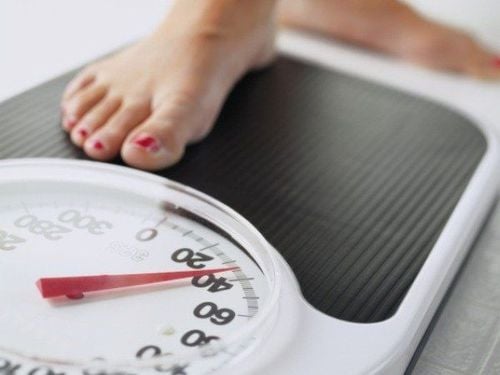This is an automatically translated article.
Liposuction can help remove excess fat from many different areas of the body. But new research shows that removing fat from the abdomen or having liposuction can increase the risk of dangerous belly fat or visceral fat. This type of fat is stored around organs deep in the abdomen and increases the risk of cardiovascular disease and diabetes. However, exercise after liposuction can help counteract this effect.1. The benefits of exercise after liposuction
Fat and fat cells are committed to permanent removal during abdominal liposuction. This means that fat cells will be significantly reduced in the treated area and fat will not reappear there.However, fat cells in other parts of the body can continue to grow. The new study included 36 women in Brazil who had low-volume abdominal liposuction. Half of these women participated in a 4-month exercise regimen starting 2 months after the end of surgery. Six months later, the women who did not exercise showed a 10% increase in visceral fat, compared with the women who exercised three times a week. The women who exercised three times a week began each session with a 5-minute warm-up followed by strength training and up to 40 minutes on the treadmill.
2. Skinny people gain weight after liposuction
Plastic surgeon Sherrell J. Aston, reminds all of her patients that liposuction is a cosmetic procedure that doesn't necessarily result in permanent weight loss. He is chair of the department of plastic surgery at Manhattan Eye, Ear and Throat Hospital in New York. "We can make you lose weight because we remove large amounts of fat when indicated, but liposuction is a contouring procedure. Liposuction can slim and tone your figure. one person. "You have to do all the right things to keep this up. Without a healthy diet and a good exercise regimen, you will gain the weight back," says Aston.
Tập thể dục sau hút mỡ bụng có thể giảm nguy cơ xuất hiện mỡ nội tạng nguy hiểm
Donofrio says: “No one really knows why this happens, but the theory is that the body tries to maintain fat homeostasis. This refers to the amount of fat required to fuel our body.
Both Donofrio and Aston agree that the new study may be too short to really deal with weight regain and weight redistribution after liposuction. However, "we don't see many patients coming back with excess fat in other areas of the body." President of the American Society of Aesthetic Plastic Surgeons, Leo McCafferty, MD, said. "Most are in good shape and have spots of spots that don't respond to diet and exercise." He recommends that his patients start or restart their exercise regimen about six weeks after liposuction. “This can really enhance the results of abdominal liposuction,” he says.
The above is considered as experience after abdominal liposuction, you need to pay attention and follow to get the desired body shape as well as minimize the appearance of fat cells in other areas of the body.
Please dial HOTLINE for more information or register for an appointment HERE. Download MyVinmec app to make appointments faster and to manage your bookings easily.
Reference source: webmd.com












